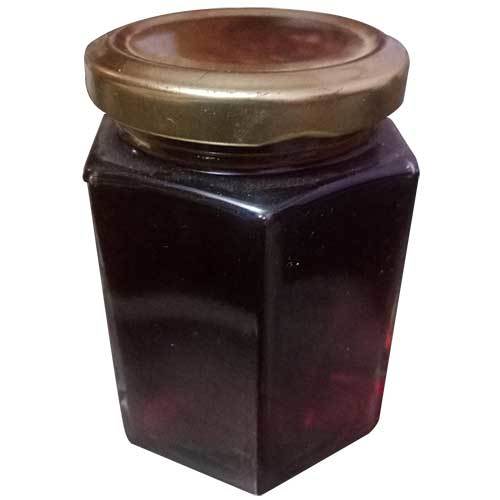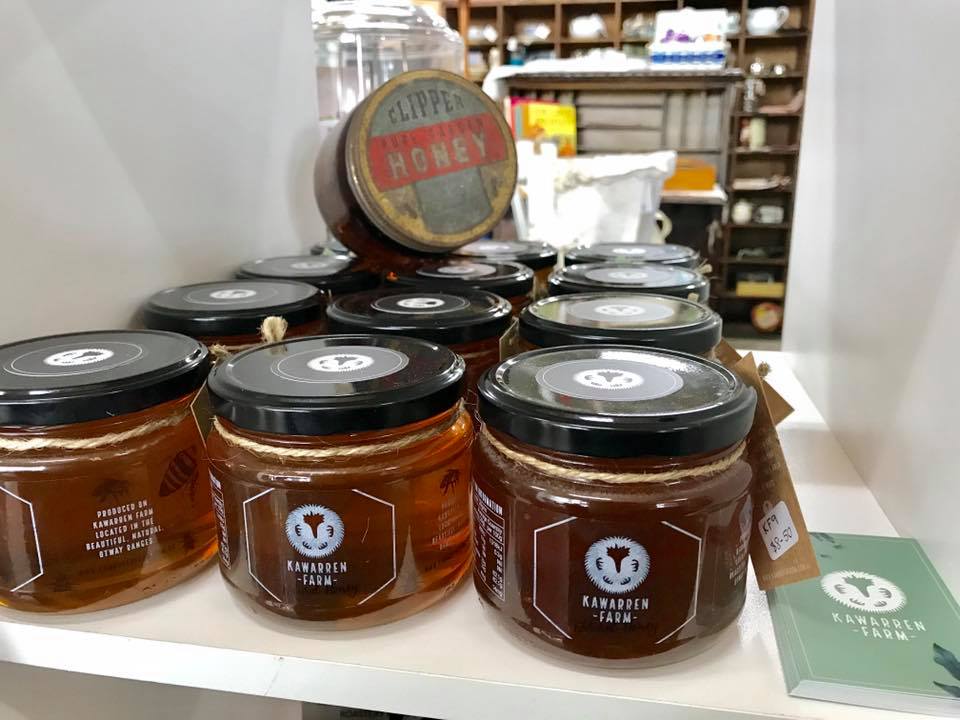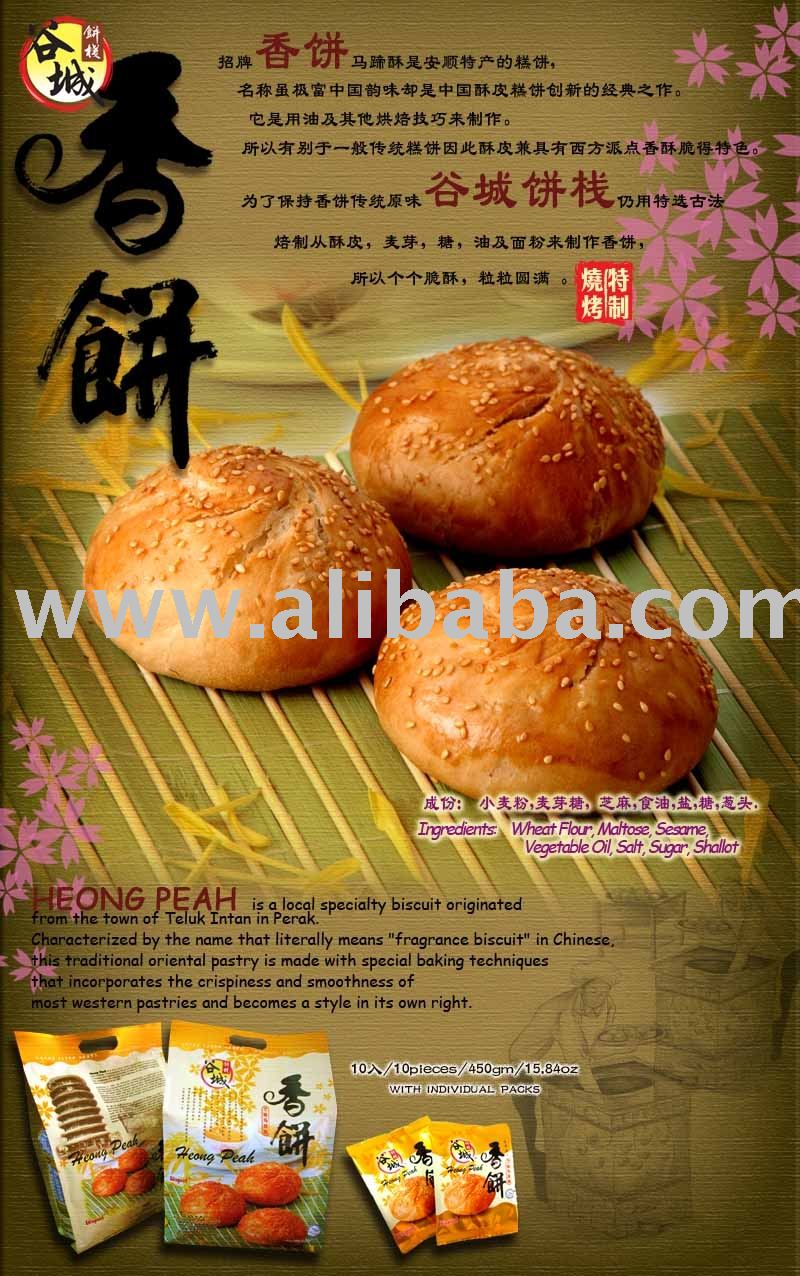

Our Manuka has a suggested shelf life of around five years - however, we feel that finishing our rich and delicious honey within that timeframe won’t necessarily be an issue.Ī common misconception is that when honey hardens or crystallizes, it’s spoiled or has expired.Īll raw honey is sensitive to temperature (and its environment). To reap the most benefit from your Manuka, we suggest eating it before the best-by date on the container. These compounds include MGO (Methylglyoxal), DHA, leptosperin, and other markers used by the Ministry for Primary Industries (MPI) to ensure authenticity. While our honey won’t simply expire once the date passes, after the five years, we can not guarantee the potency. The key nutrients will maintain (or even get higher) during the five year shelf life. When it comes to our honey here at Manukora, there’s a little more to the "best-by" date you’ll see on our jars. Often, this date is a reflection of quality, and doesn’t indicate that honey will actually spoil, go bad, or be unsafe to consume when that date passes - so long as it was stored properly and hasn’t been contaminated. Generally, most honey products you’ll buy will have a “best-by," "best-before," or “use-by” date. Is that plastic bottle of grocery store honey that’s been in the cupboard for years still good? And does raw honey last as long as processed honey? Let's find out.ĭoes Honey Spoil? Insights on Honey's ExpiryĪs long as your honey is stored correctly, it shouldn’t spoil. In contrast, processed honey is usually pasteurized for the purposes of extending shelf life and making for a uniform and consistent commercial product. After five years (which is often the best-before date), the same levels cannot be guaranteed. You can expect raw honey’s beneficial nutrients to maintain (or increase) during its shelf life.

The simple truth behind honey products and their expiration date depends on whether or not they are raw or processed. In fact, most honey products are still safe to consume past this time. While virtually all honey products will have a suggested best-before date, this generally speaks to quality. You can easily soften honey with a warm water bath.

If your honey has hardened or crystallized, that’s not a sign of expiration, but instead a natural process that raw honey can go through, especially in colder climates.Manuka honey has a shelf life of about five years, but can last even longer with proper storage. The best-by date on honey products does not necessarily mean it will spoil or expire on that date - it mostly refers to the quality of the honey being best before that date.Allowing the bees to naturally dehydrate the honey themselves ensures both shelf stability and the preservation of beneficial compounds. Some of the benefits of raw honey can become compromised due to high heat processing.


 0 kommentar(er)
0 kommentar(er)
